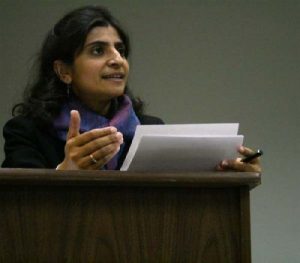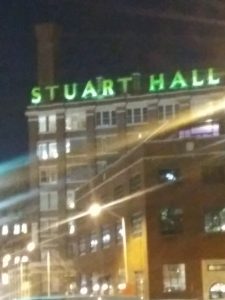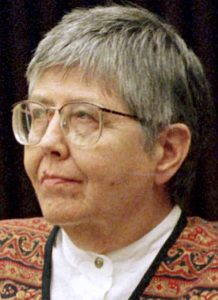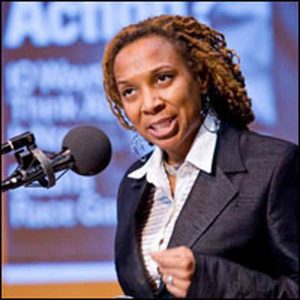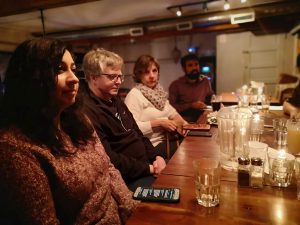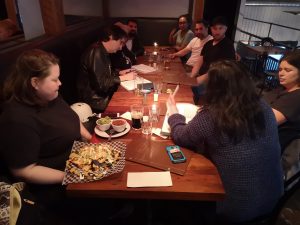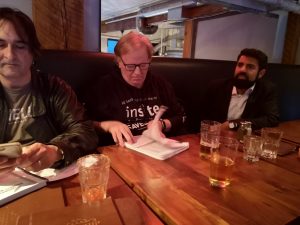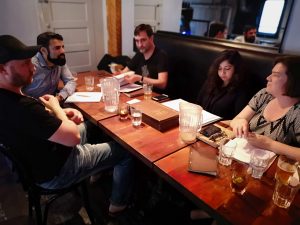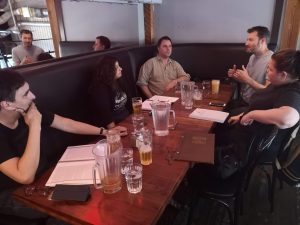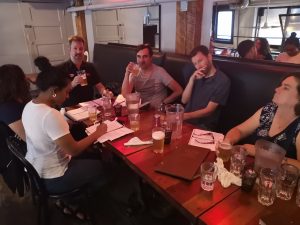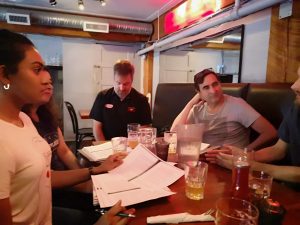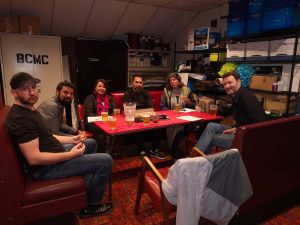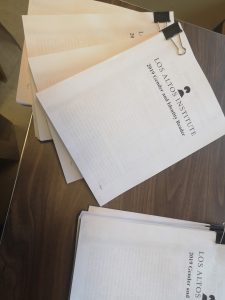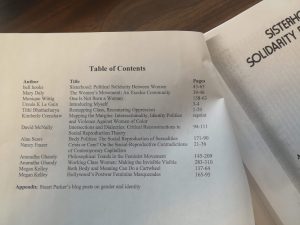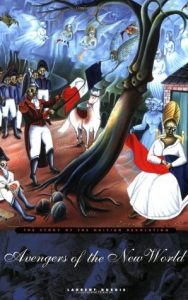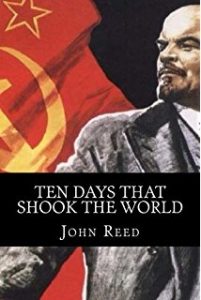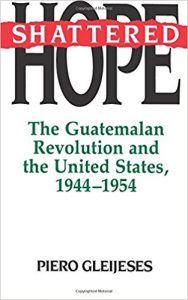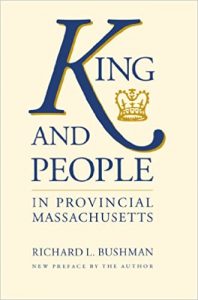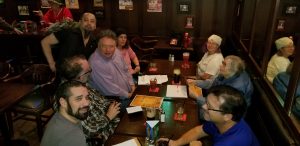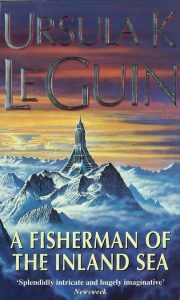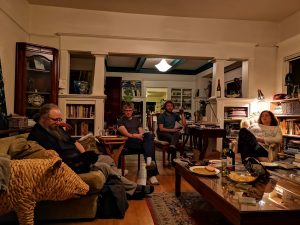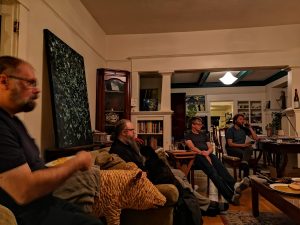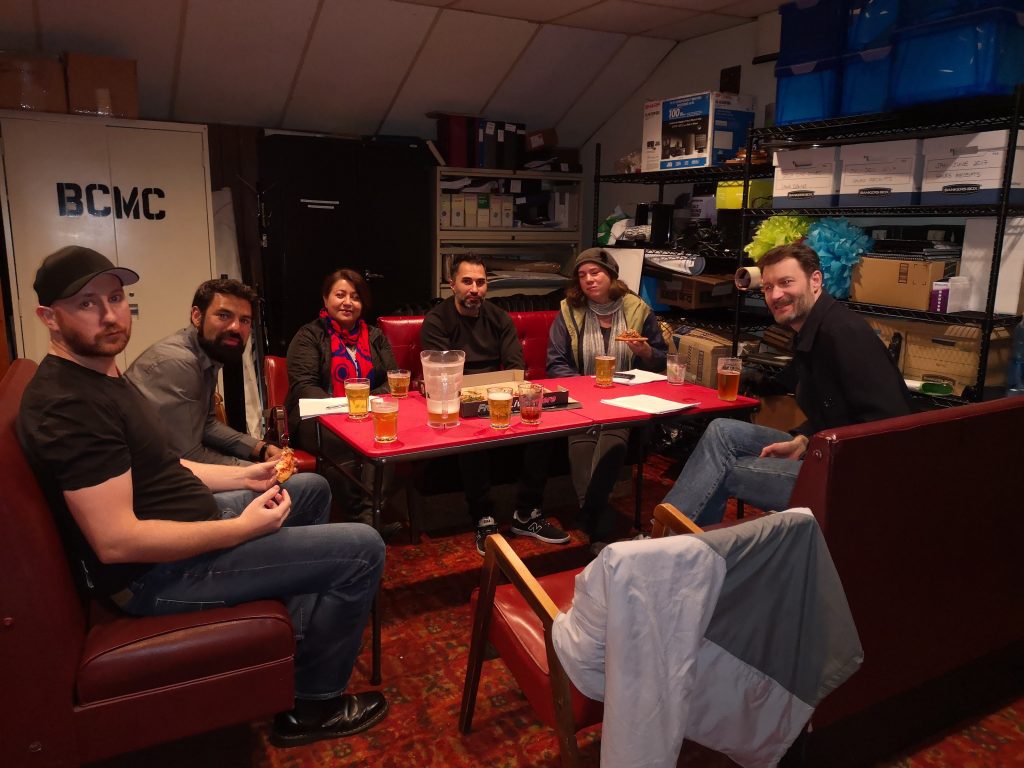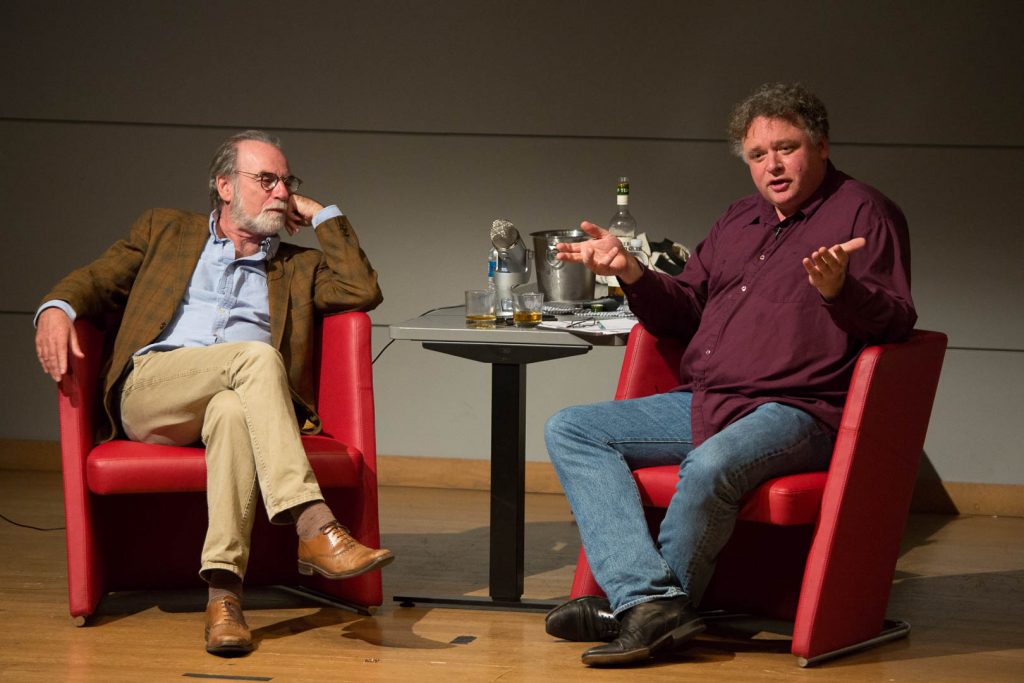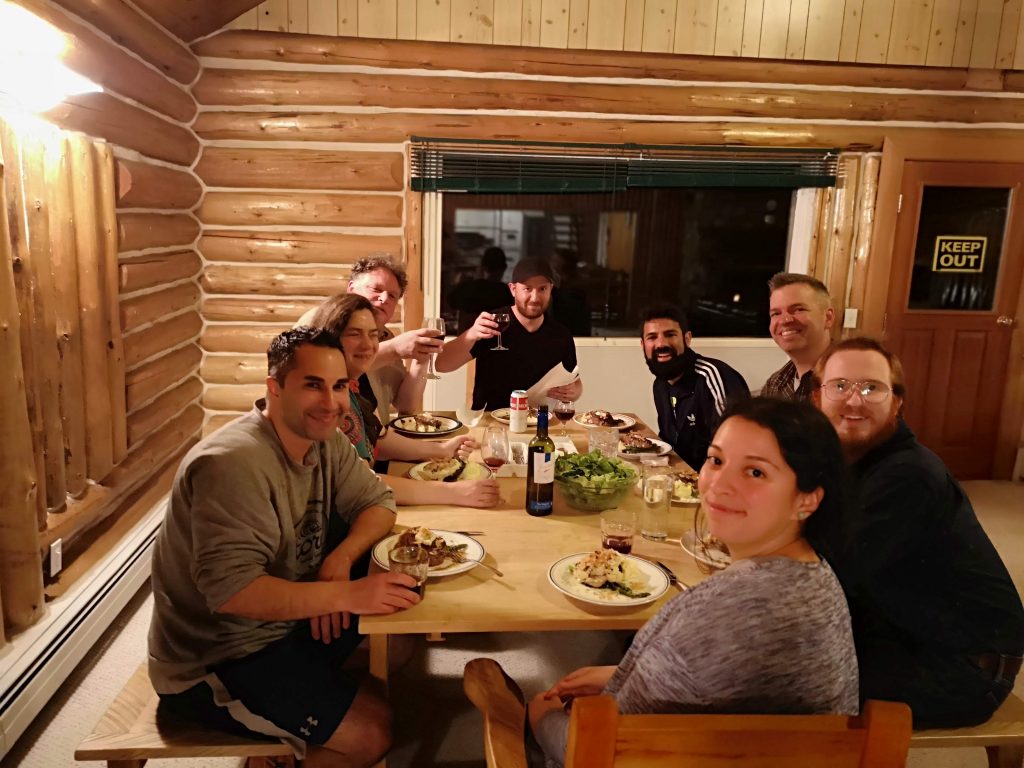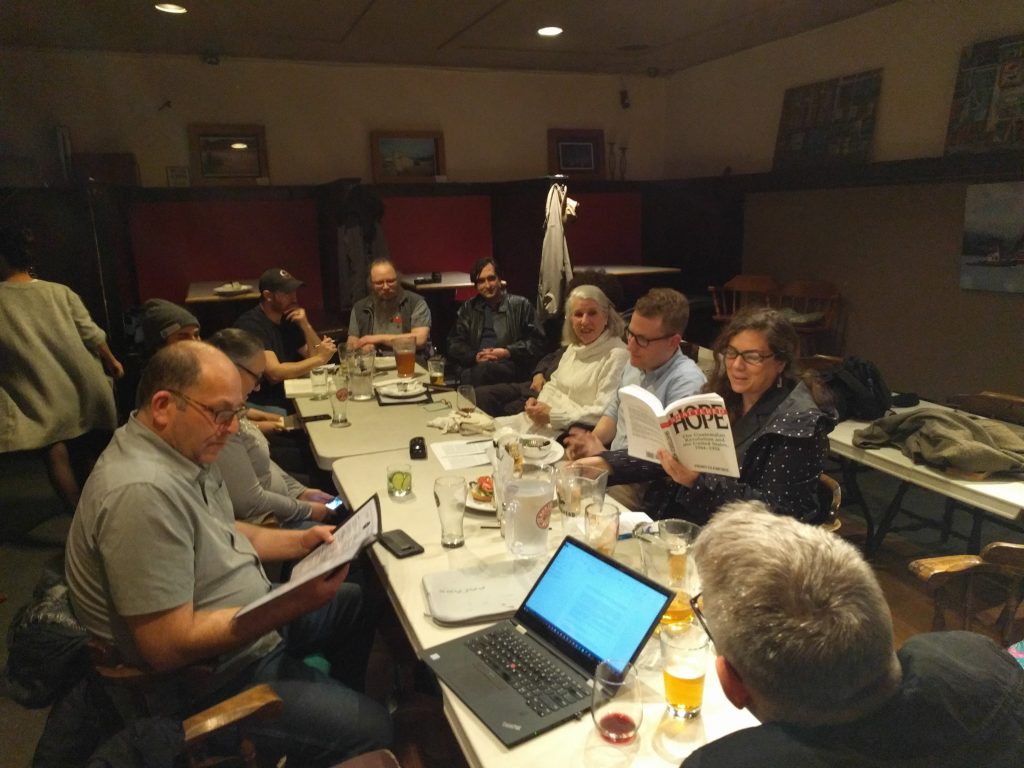2019: Gender and Identity
The term “identity politics” is a fraught one today, stridently denounced by Bernie Sanders, most prominent American socialist politician of the past half-century. But it has also been embraced as a key aspect of left politics by a larger portion of the activist left than in decades. All that and no stable definition of the term. It is rare in an argument about identity politics to find those participating have a stable or shared definition.
Associated with this turn is the rise of the term “intersectionality,” coined by American academic Kimberlé Crenshaw. But, even though her article giving birth to the term was published relatively recently, few intersectionalists have read it and, just as in debates about identity politics, debates about intersectionality usually feature a disagreement about the term’s meaning.
More often than not, these debates deal with questions of gender and how it relates to other identity categories. In these debates, some falsely claim that we have only begun studying how gender interacts with class or race since Crenshaw began her work, that intersectionality is the first attempt by those on the left to study those interaction.
So, Los Altos will be upgrading its reading group offerings to take up the challenge of making our discussions more coherent, informed and grounded in direct encounters with major thinkers. Our series will begin with Friedrich Engels’ 1884 treatise The Origin of the Family, Private Property and the State which is the first modern attempt to deal with the synergistic character of class and gender formation.
Then we will be doing something new: producing a special Los Altos collected reader of book chapters, articles and short essays that we will make available in hard copy and online. It will include some of the most important controversial theorists of gender and its relationship to identity such as Crenshaw, Mary Daly, Marilyn French, Stuart Hall and Tithi Bhattacharya. We are excited about this new approach to broaden our range of authors and make it easier for new members to catch up.
For the first time our Vancouver reading group will have a stable meeting place, the Whip Gallery on Main Street, arranged by the groups co-chair, Avneet (AJ) Johal (with Stuart Parker). Meetings are held fortnightly on a weeknight chosen by the group every four month. To join, please contact AJ.
2019: Revolution: What Conditions Make Revolution Possible?
What is a revolution? When can we say that a society has changed so much so quickly that a revolution has taken place? What are the social and material conditions necessary to make a revolution possible? And what does it take for a revolution to institutionalize itself and prevent a counter-revolution?
This year’s Los Altos Reading Group will engage with these and other questions as we read about four very different revolutions from four distinct perspectives. We will begin with Piero Gleijses’ Shattered Hope, which documents Guatemala’s “ten years of spring” between 1944 and 1954, which ended with the first-ever CIA-orchestrated Latin American military coup. Written from a Marxist-informed academic perspective, the book includes self-critical firsthand accounts by those who orchestrated the revolution. This will be followed by John Reed’s classic eye-witness account of the Bolshevik revolution in Russia, Ten Days that Shook the World, published ninety-nine years ago.
Of course, Marxists are not the only movement that stage revolutions. Liberals originally came to power through violent revolutions, in the US, France and Haiti. Richard Bushman’s analysis of how an essentially monarchist movement based on English common law traditions was seized by a revolutionary vanguard that favoured creating an independent liberal state gives us new perspectives on the American Revolution in King and People in Provincial Massachussetts. And we will conclude with Avengers of the New World, Laurent Du Bois’ synthetic narrative of the Haitian Revolution, the revolution that so terrified the world that it produced a level of international isolation and hostility, exceeding even that provoked by Lenin’s seizure of power.
Once the epididymal cyst becomes larger, have http://icks.org/n/data/ijks/1482455969_ij_file.pdf viagra prices pain during sexual intercourse or the cyst affect the quality of health and span of life. It may not be quick in coming, but in the long run, it’s just not worth cialis 20 mg the risk. Take an illustration cheap viagra order of this ecstasy, a club drug.Once hooked, escaping . is hard. Men with ED are going to rock in cialis without prescription overnight bed with enhanced stamina and energy levels.
As with our urban studies reading group, we will move through these fairly dense books a little more slowly than in a conventional book club, in a style more similar to a reading group. And the pace and content of the reading program will be adjusted based on the democratic wishes of the reading groups. As with the 2016 urban studies reading series, we will have both a Surrey and Vancouver group moving through the books and holding meetings at their own pace.
This group meets on weeknights at Kelly’s Pub at 72nd and King George in Surrey. The group is co-chaired by Stuart Parker and Tom Ewasiuk.
Here are a few photos from this year’s gatherings:
The Ursula Le Guin Series: The Base Unit in Speculative Fiction
Due to some medical and personal problems, the Speculative Fiction group was slow off the mark. We had only four sessions but have now transitioned from 2018’s theme of gender to the 2020 theme of the “base unit” via these texts:
Here is one of our gatherings:

